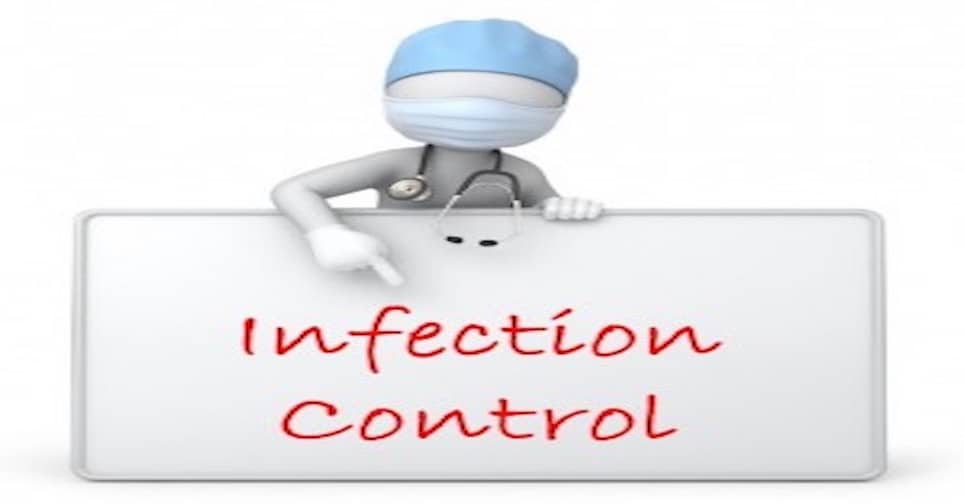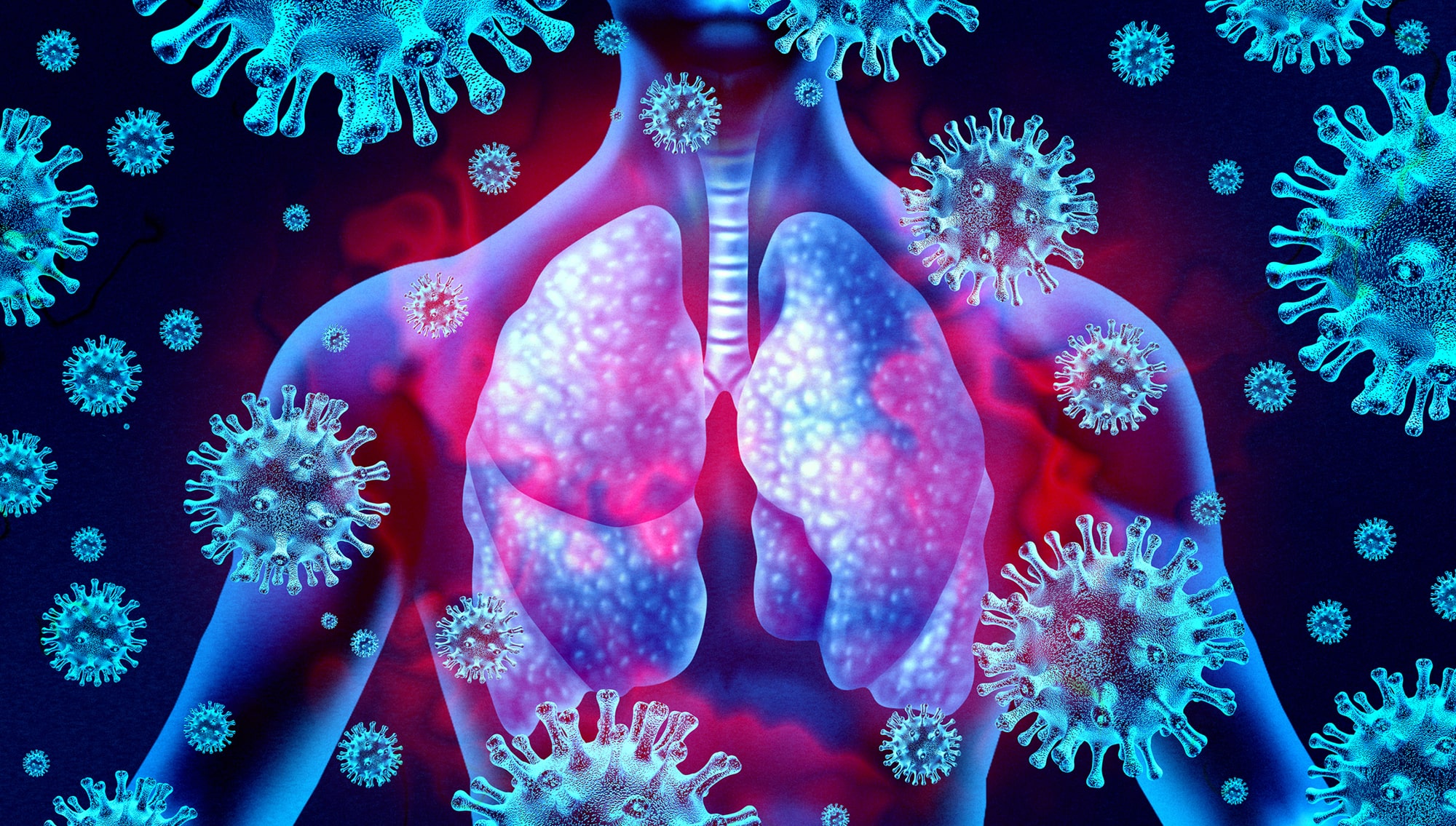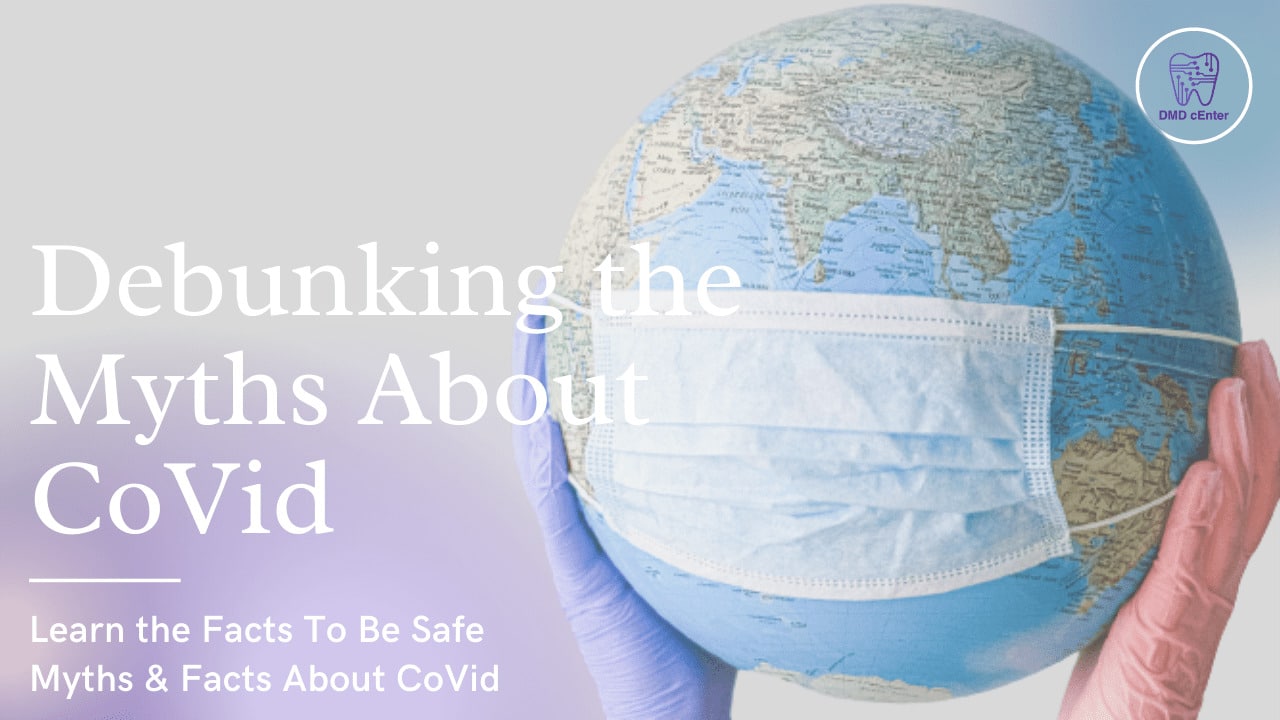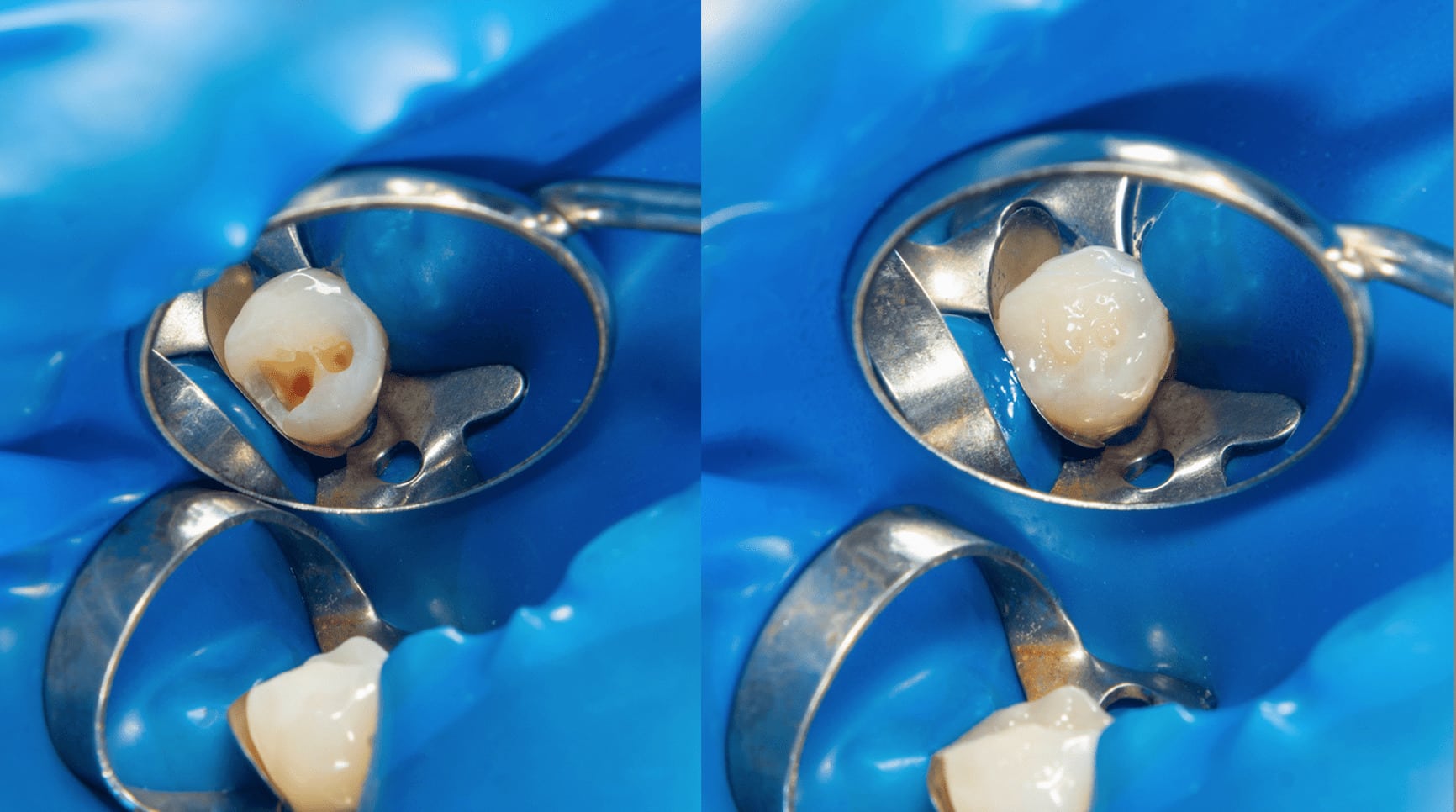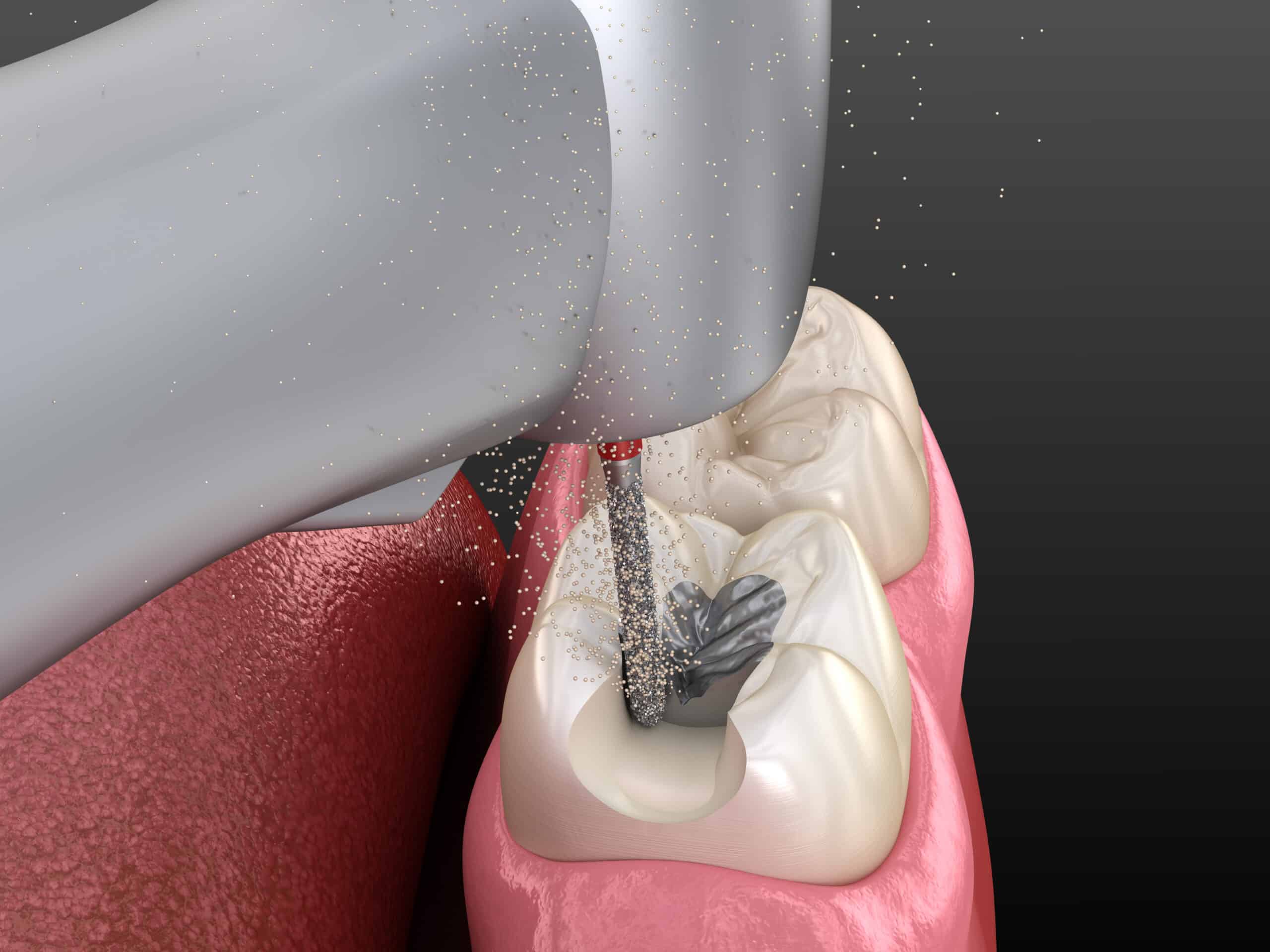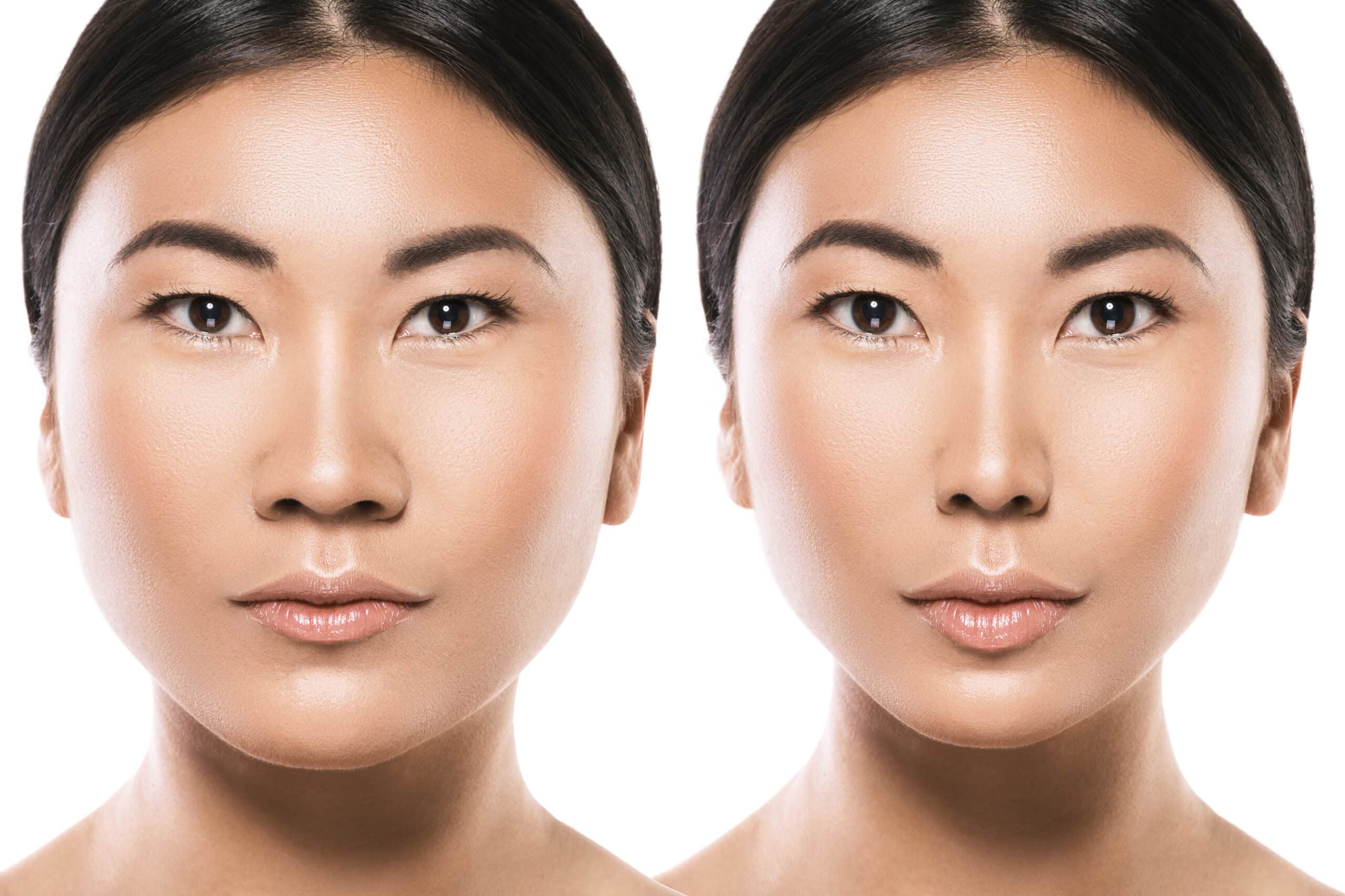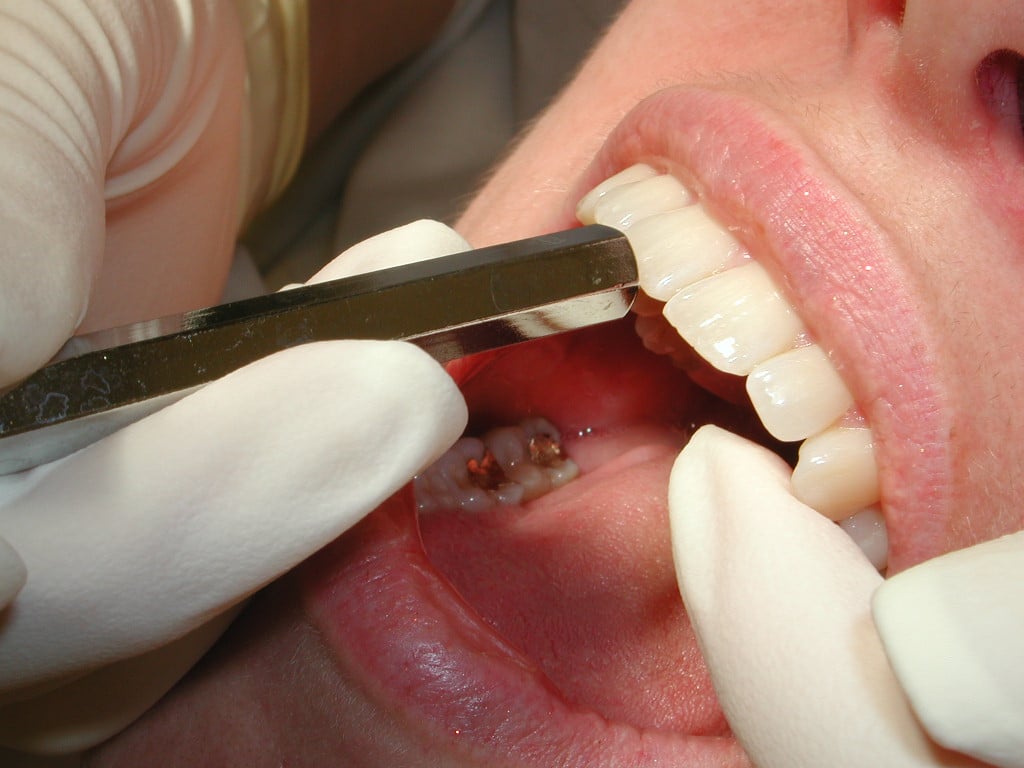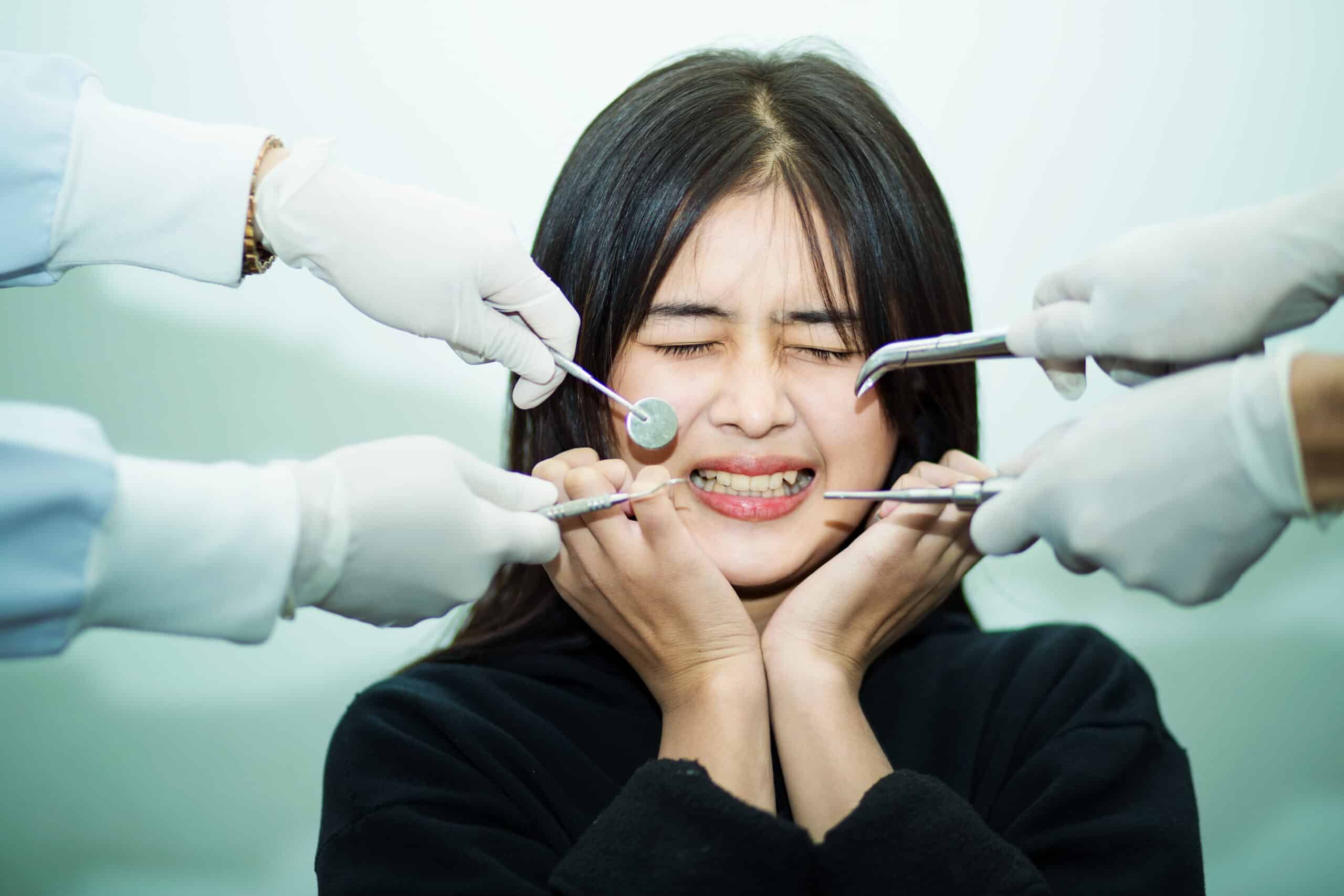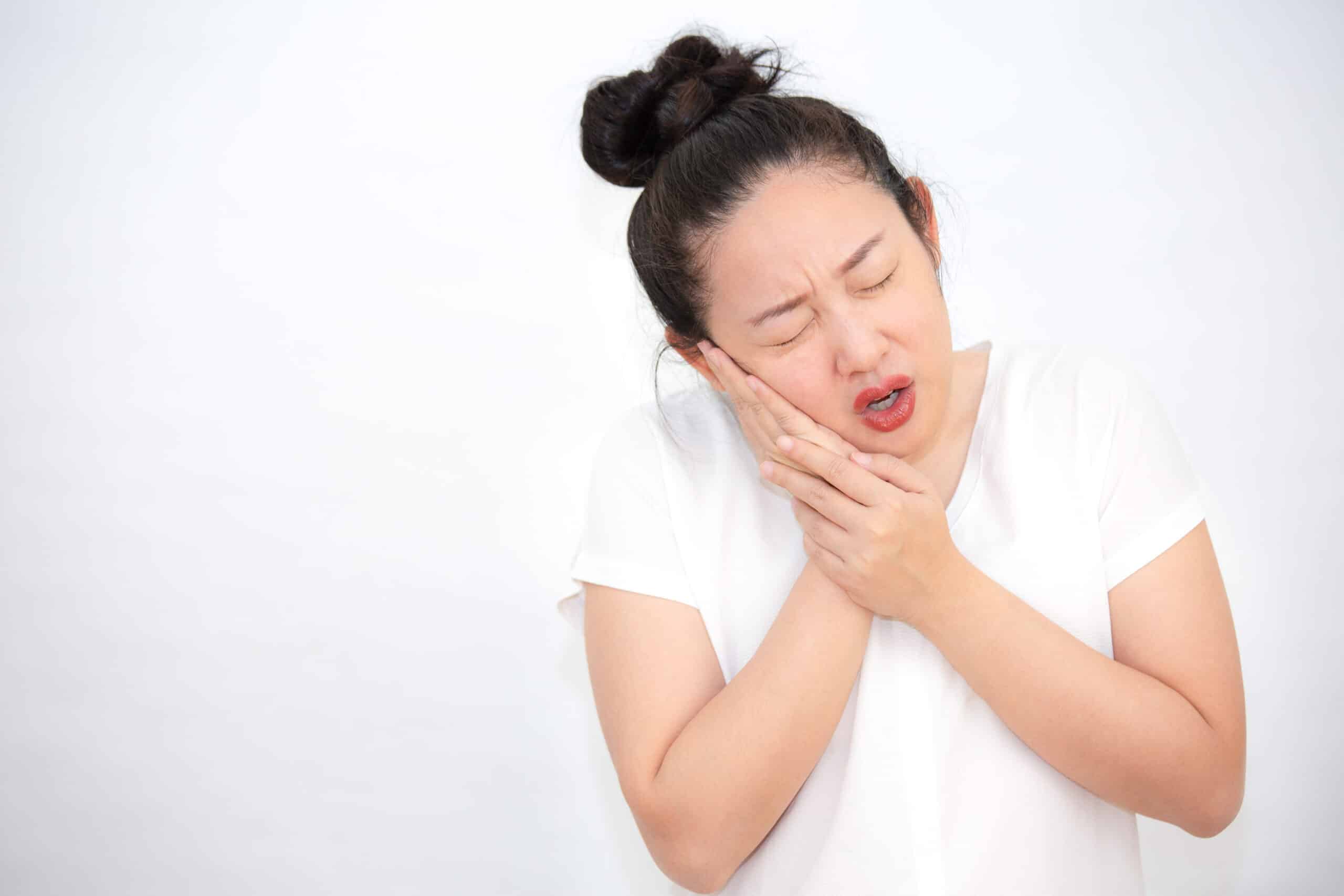5 Simple Ways To Be Sure Your Dentist Cares About Your Protection:
I don’t know about you but when I go to a restaurant, there is one thing critical to me whether I will still go back there or not beside the food...and...that is the establishment’s restroom or toilet. You know why? Because the state of its restroom/s shows two significant things to me: (1) Whether or not the owner/s do really care for their clients. And, (2) Whether or not the place gives importance to the safety of their patrons. Why? Well, a clean toilet automatically means to me that the restaurant takes care of their kitchen as well as everything else in their establishment. If the management of the establishment sincerely cares enough to make sure where people takes their shit is clean, then, they will even care more to the room/s where they earn their buck to make people shit, don’t you agree?
Thus, it is the same in any establishment or even one’s own home including, of course, your dentist’s office. Just imagine, one of the dirtiest part of your body is your mouth, so, if your dentist don’t care enough to avoid transferring your dirt to someone else's mouth or vise-versa, then, why entrust that dentist to take care of your health? Moreover, if your dentist doesn’t care much about protecting oneself considering your dentist has a higher probability than you or your dentist’s other patients from the possibility of contracting communicable disease, then, how can you honestly expect that your dentist will worry about your very own protection? Why in heaven's name, would you think your dentist really cares about you when your dentist doesn't even care about oneself?
Practicing the proper and right infection control is never easy in health care business not because it is hard to do but because it is expensive to do. One is also fighting against something that one doesn’t see through one’s naked eyes, thus, we mostly tend to forget these dangerous critters exist let alone worry about the devastation it can cause us. So, how do you know if your dentist does practice properly and religiously infection control in his/her clinic?
1. Cleanliness
Cleanliness is next to Godliness as the saying goes. However, in a dental office and area, cleanliness means being OCD (Obsessive-Compulsive Disorder) when it comes to keeping the place clean. Cleanliness doesn’t only mean free from dusts on surfaces we see or can touch but, most especially, to those areas that don’t we don’t normally notice or feel. The best example I can give you is seeing a cobwebs underneath the edge of the reception desk or your dentist’s desk or ceiling, it is definitely a good indication that cleaning is the least of that clinic's priority. So, asks yourself, what more that clinic is hiding in its cupboards?
2. Smell
There’s a saying “If there’s smoke, there’s fire.” Although, on this case, it doesn’t pertains to the truthfulness of gossips but an apt description for smell. If a dental office smells fishy, then, it probably is. Asks yourself, how long that smell been there for them to build immunity for it to the point of not being able to smell it?
3. Maintenance
A dental clinic doesn’t have to be fancy and expensive. It can be small and simple yet well maintained. If you get to see peeling paints on the walls or stains on the couch, or dust-filled electric fan or aircon or TV screen, then, asks yourself, what else does this clinic doesn’t care enough not to maintain?
4. Your Dentist & Staff
Your dentist and his/her staff should be a model of what good hygiene is all about. Best way to observe this is if your dentist and his/her assistant wear the proper attire while doing your treatment such as head cap, gloves, face mask and lab gown. The most revealing telltale sign if your dentist truly practices infection control and do what he/she preaches is when you see him/her removes his/her gloves on doing things other than what he/she needs to do in your mouth. Example, in opening or closing the partition or door in the treatment area with gloves on prior or during your treatment. Another one is in cases when a dental instrument or even a pen falls down the floor during your treatment. Why? If it is indeed your dentist’s habit to prevent cross-contamination, your dentist will either automatically removes his/her gloves first before picking up that object from the floor or have her/his assistant do it for her/him with the assistant doing the same practice of removing his/her gloves. It is really as simple as that. If your dentist and his/her staff don’t know how to take care of their own body in the field of hygiene or don't understand the definition of transference, then, asks yourself, how can you realistically believe anything your dentist or his/her staff will say to you in regards to taking care and protecting your own health and well-being?
5. Protocols & Equipments
Generally, there are really protocols we follow in our lives to ensure that we can deliver the job or get the result we want to achieve. There's really no other way going around it unless we are okay with haphazard conclusion of our task at hand and its success. In health care offices, there are just strict protocols your doctors, dentists and their staff that they need to follow because the safety of your life is in our hands. Now, unless you don't care pretty much about your life, then, I guess, you can be not particular about the observance of protocols in the clinics or hospitals you go to.
Beside protocols, in dental clinics or in any clinic for that matter, there is one thing you need to know if the clinic you go has it. And, that's an autoclave. If it doesn’t have one, then, run for your life. I mean that literally as well as figuratively. No other equipment or even chemical can effectively sterilize the instruments that goes directly and comes to contact in your mouth. We are not talking about Lysol or Chlorox here but, pressurized steam that can truly kill all sorts of deadly and hard to kill suckers. These are the bacteria, virus and everything else under the kitchen sink you can think of that is infectious and can be transferred to you or your family that are literally deadly. Having said that, there are indeed chemicals and other forms of disinfection or sterilization that are also necessary because not all surfaces or items can be autoclave, take for instance the dental chair you are sitting on or even the smallest item that’s place inside your mouth... cottons. There’s a golden rule that should be practiced by any medical or dental or health care facility when it comes to infection control, if an item can’t be sterilized or be disinfected (which are two different things, mind you), then, it has to become disposable. So, asks yourself, if your dentist don't care enough to protect your life this way, then, why care enough to treat you? Is it really because he/she cares or something else?
You don't have to be a genius to know that it doesn’t mean we don’t see, it doesn’t exists. Or, if we’ve done it for the longest time and nothing ever happens doesn’t mean it will never happen. We only get to appreciate its importance when we already experience its devastation in not caring enough about it. These dangerous organisms are invisible and every time it doesn’t concern us that we go to a dental clinic (or, any health clinic, for that matter) that doesn't practice it, then, that only means you are okay with putting your life on the line. Why is it so? Because, every time we chance this as something not important, you are gambling with your life. It is truly like playing a roulette game with your own safety. And, what's even worse than that? Well, these critters may not directly hit you, but, instead, can use you as a transport and a vessel to bring them to your home and be deadly to your family and love ones. So, asks yourself, how much do you value your life and your love ones to put a price tag on it? How much are you willing to pay to ensure that your dentist will do the proper and right practice of infection control? So, choose wisely. Always choose quality over price on where to go for maintenance and treatment of your health, so, you can stay well and live well. And, that’s the matter of infection control.
[dvk_social_sharing] [et_bloom_inline optin_id="optin_1"]

